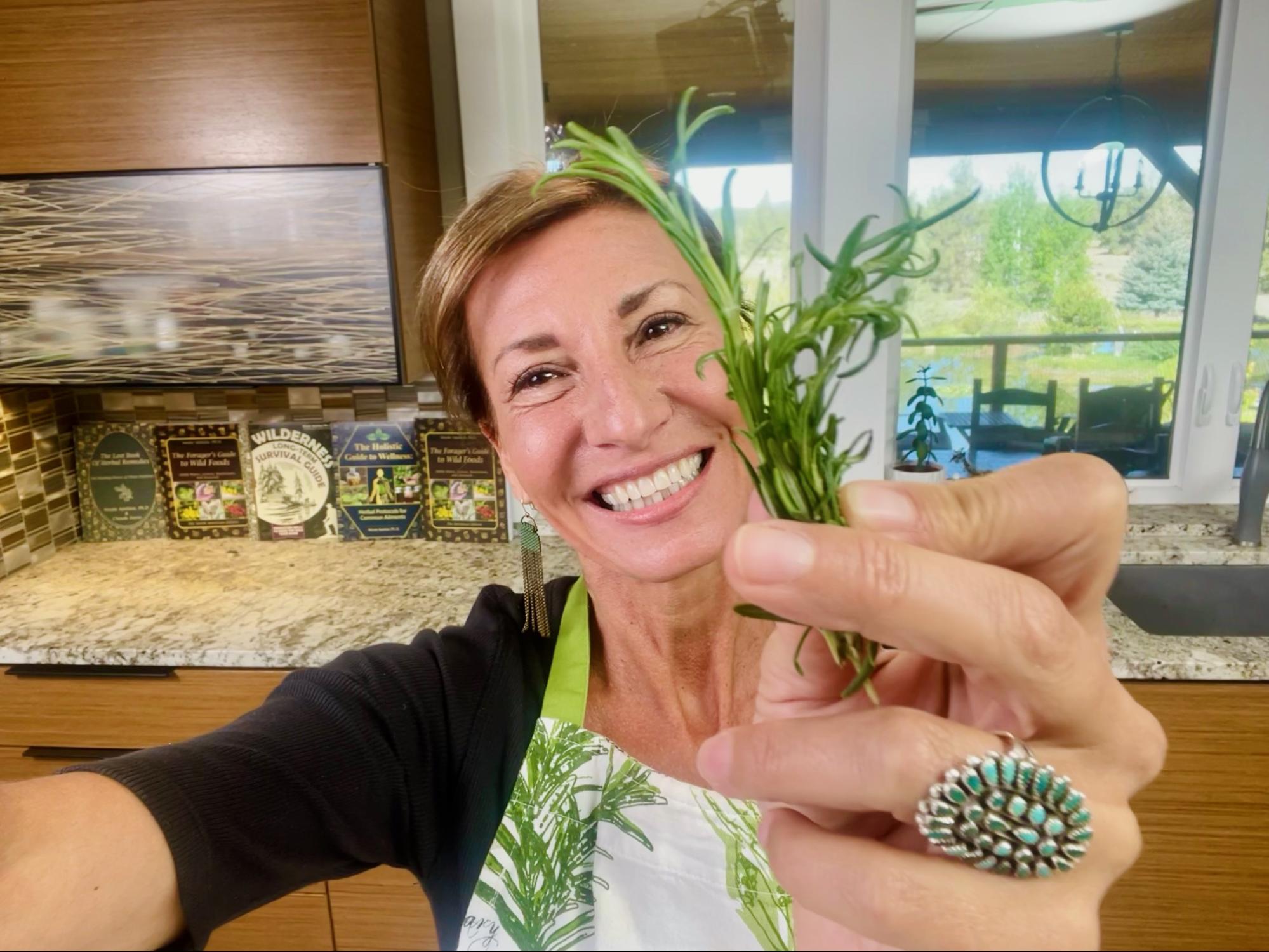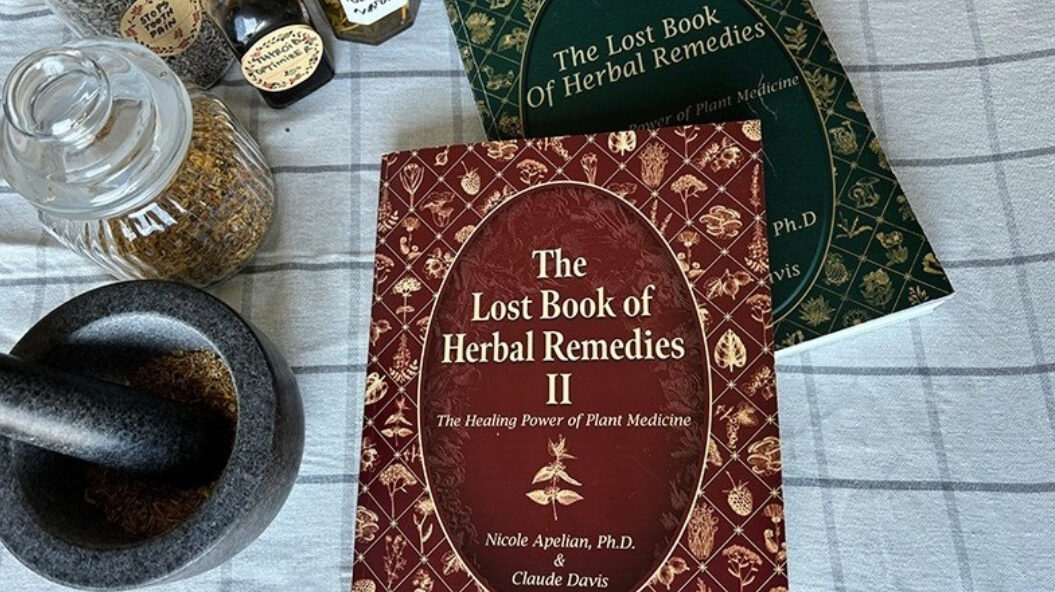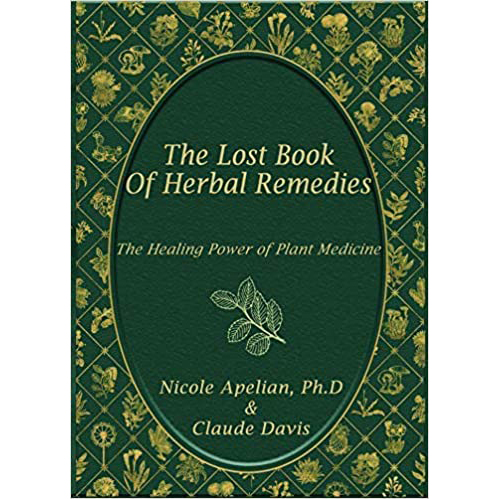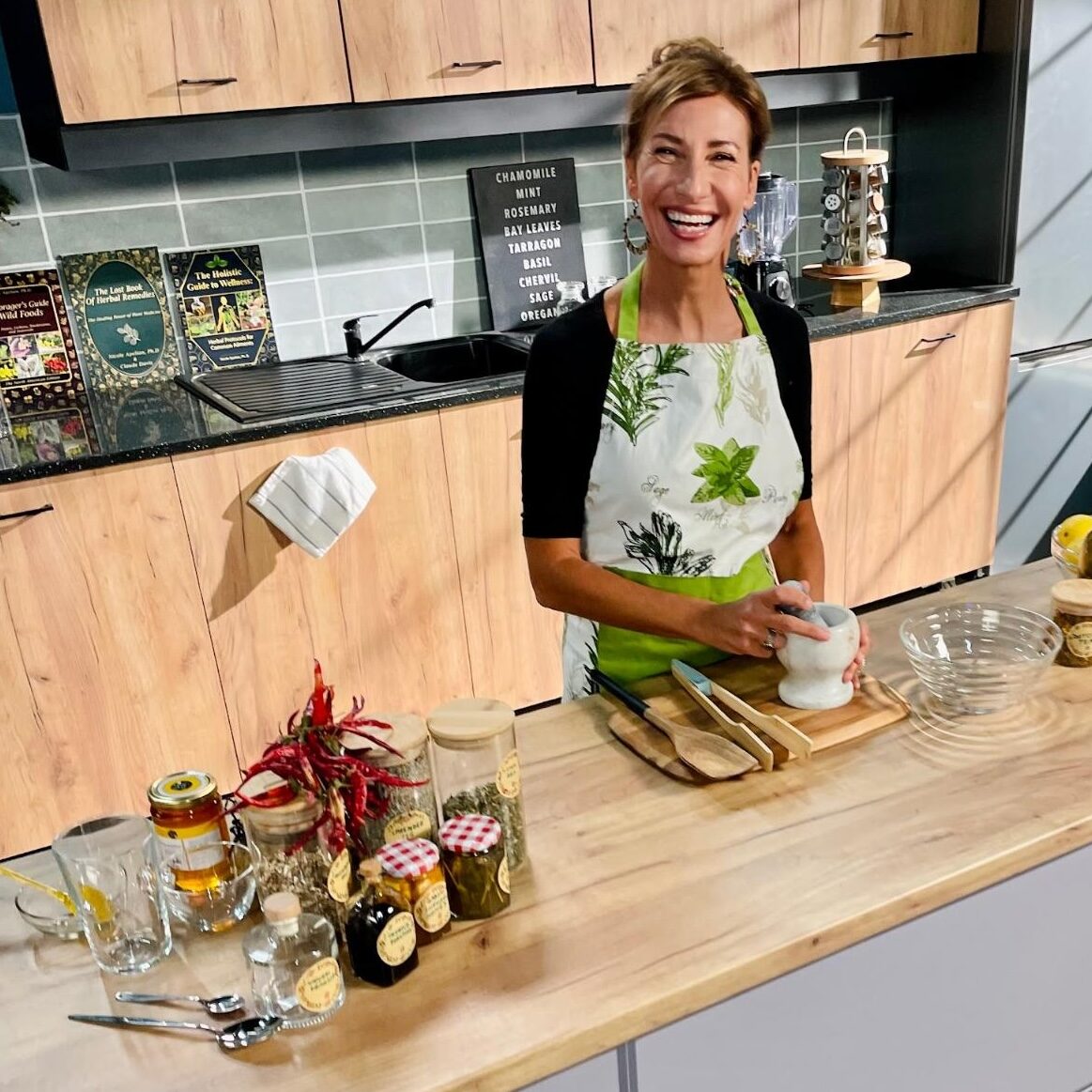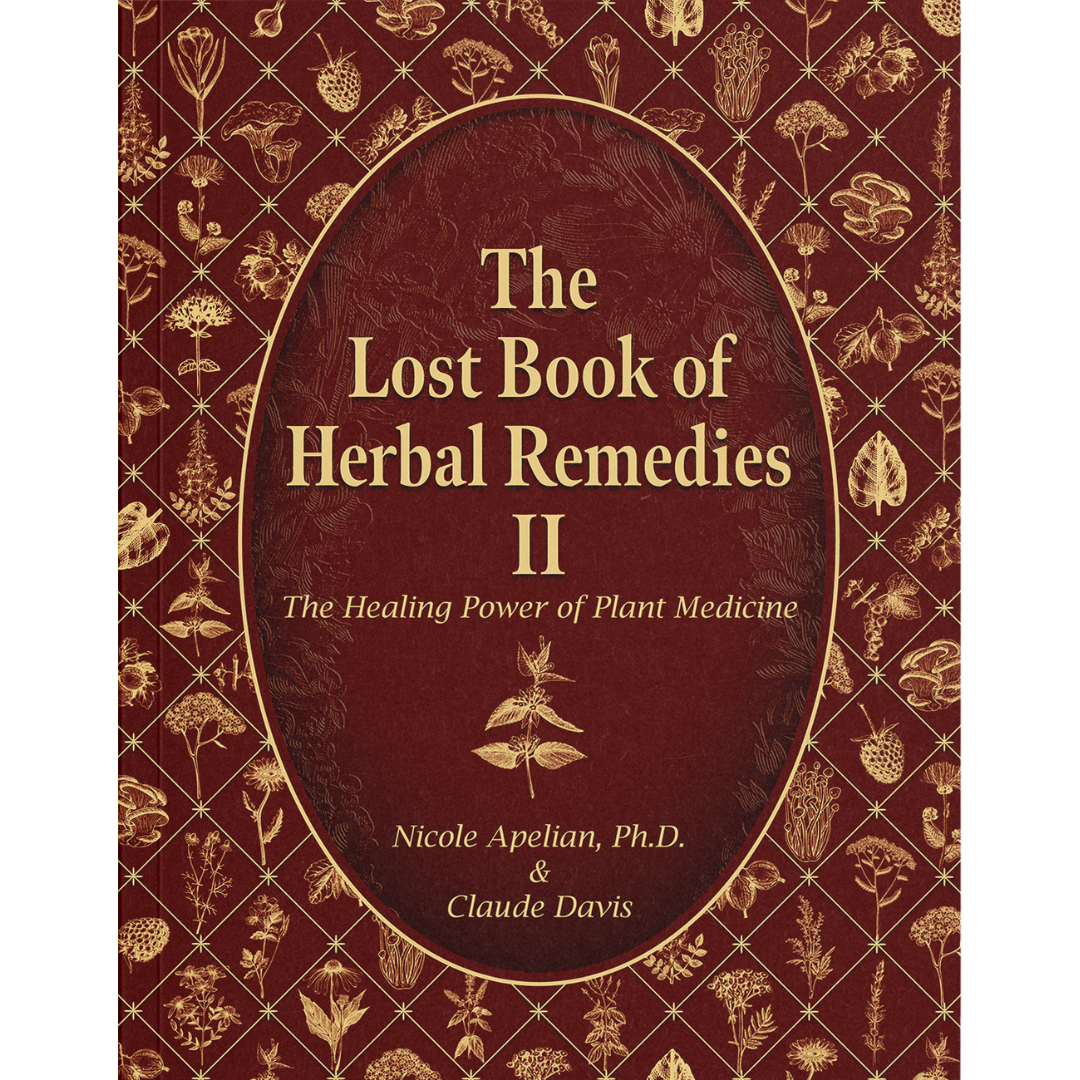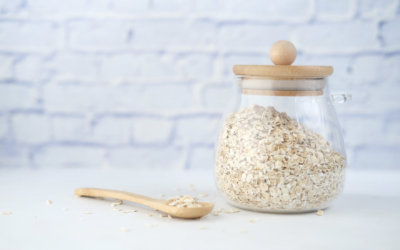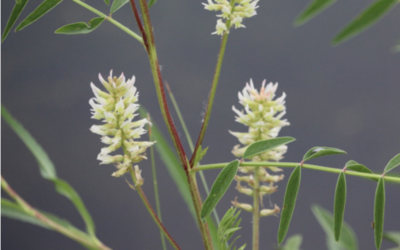Rosemary: From Kitchen Staple to Multi-Use Marvel
One of my all-time favorite herbs, rosemary is not only delicious but also incredibly versatile. Not only can it be used in cooking to add a distinctive flavor to a meal, it is also a medicinal workhorse that helps to improve circulation; boost cognitive function and memory; ease headaches (especially migraines); reduce inflammation; and much more! Here we will explore how to identify, grow, and use this readily accessible herb and enjoy its wide-ranging benefits.
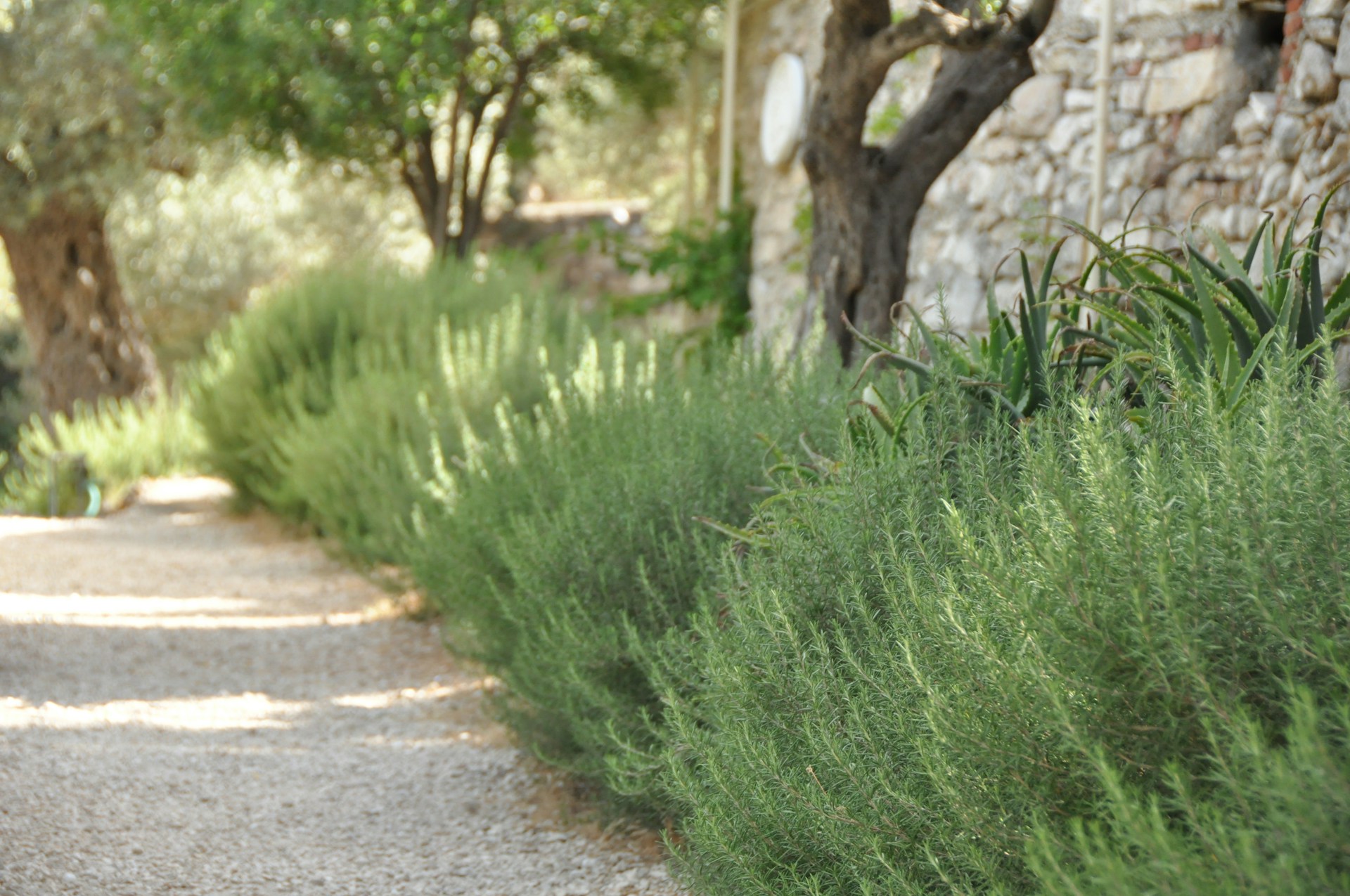
Basic Identification
A woody herb with needle-like leaves and a distinctive fragrance, rosemary is an evergreen shrub that is hardy in drought-prone areas. It can reach up to 5 feet (1.5m) tall, although some bushes like to grow in a trailing pattern. The leaves are green on top with white on the underside. Both sides are covered with short wooly hair. The small, beautiful flowers appear in the spring and summer in cooler climates and can range from white or pink to purple or blue. For those in warmer locations, the flowers bloom year-round.
Where Does It Grow?
Rosemary will grow in a variety of conditions, including dry, drought-prone regions. It thrives in USDA zones 8 to 10 where the temperatures stay between 55 degrees and 80 degrees. You can also grow it indoors as a houseplant.
Edible Uses: The leaves and flowers are often utilized in cooking and enjoyed as a brewed tea. Rosemary is frequently used to flavor oils and vinegars.
Recipe. Rosemary Vinegar. To create an herbal vinegar, start by coarsely chopping fresh rosemary and loosely filling a jar about three-quarters full with the herb. Choose a vinegar based on your intended use — options like apple cider, balsamic, wine, rice, or distilled vinegar work well. Ensure the rosemary is completely submerged under at least an inch of vinegar. Apple cider vinegar is excellent for both cooking and cosmetic purposes, while balsamic, wine, and rice vinegars are perfect for culinary uses. Distilled vinegar is best suited for cleaning solutions and laundry.
Seal the jar tightly and give it a good shake. Allow the mixture to steep for 4-6 weeks, then strain out the solids and transfer the infused vinegar into a clean bottle. Don’t forget to label it!
Herbal vinegar is incredibly versatile and can be used for everything from natural hair care, as a non-toxic household cleaner, or as a flavorful addition to your salad dressings.
Medicinal Uses: Rosemary contains caffeic acid, carbonic acid, carnosol, and rosmarinic acid, along with anti-inflammatory compounds and antioxidants. It is antifungal, anti-inflammatory, and antibacterial.
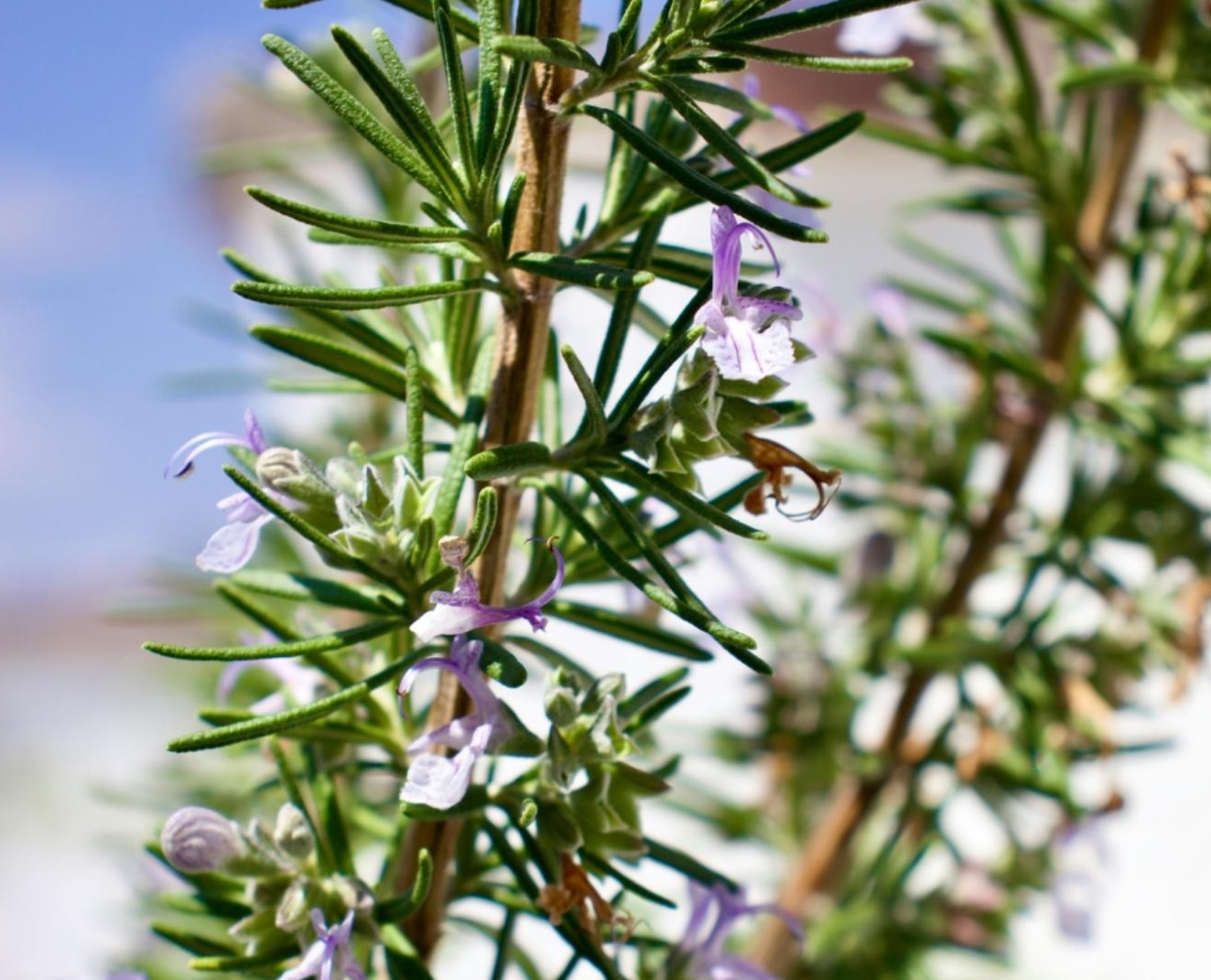
Here are my top 3 uses for rosemary:
Hair Loss. Essential oil of rosemary has been shown to be as effective as the prescription drug Minoxidil to promote hair growth. Add several drops to a small amount of carrier oil — such as almond, jojoba, coconut, or avocado — and apply to the scalp regularly. Use long-term.
Circulatory Issues and Headaches. Rosemary helps to improve circulation through its mild stimulant properties. Use it for cardiovascular problems — including poor circulation and low blood pressure. It also helps alleviate headaches, particularly migraines due to its mild analgesic properties and by promoting blood flow to the brain.
Improves Concentration and Memory, Neuroprotective. An outstanding herb for boosting cognitive health, rosemary is legendary for improving concentration and memory by stimulating the circulatory system, thereby bringing more oxygen to the brain. The carbonic acid found in the herb is neuroprotective. Rosemary is often used for elderly dementia patients with impressive results.
Mastering the Art of Plant-Based Medicine
But that’s not all rosemary has to offer! In The Lost Book of Herbal Remedies: The Healing Power of Plant Medicine, I delve into over 15 medicinal uses for rosemary. You’ll also find step-by-step advice on harvesting this herb and many other easy-to-find plants, along with simple instructions for making tinctures, salves, decoctions, and more at home. For additional uses and remedies, be sure to have a look at the sequel, The Lost Book of Herbal Remedies II, which builds on the wealth of knowledge shared in the first volume with completely new recipes and botanicals. Seeking hands-on instruction? My Lost Remedies Academy online master course is for you!
Don’t wait to explore the power of nature — secure your copies of The Lost Book of Herbal Remedies Volumes I & II today and take your herbalism journey to the next level!
Nicole Apelian

